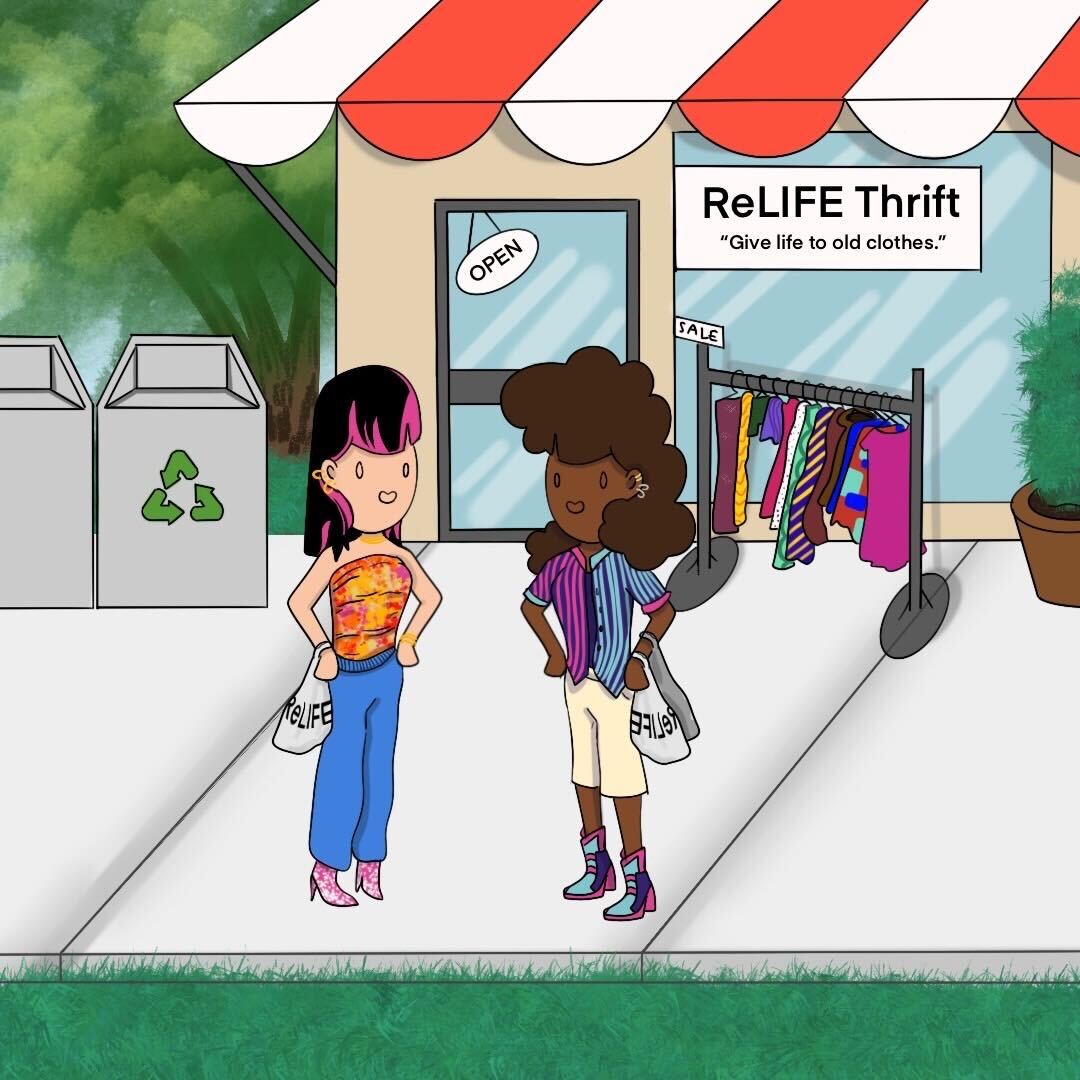Fourteen months ago, the people of America chose to champion differences over similarities and “Make America Great Again,” thus electing Donald Trump as commander-in-chief. During his campaign, his outlandish statements, flagrant ignorance and unprecedented social media outbursts spoke to the true state of racial, social and economic relations in America. His tumultuous time in office is currently following suit.
Time after time, Trump has created policy, such as the “Muslim ban,” and made official statements that allude to prejudices against people of color. Still, his supporters ignore and justify his actions, swearing the head of state operates objectively and without bias.
Most recently, Trump has been under fire for a statement denouncing immigration to the U.S. for citizens from “shithole countries” such as Haiti and African nations. He goes on further to question why Americans would want more immigrants from Africa and Haiti, when we could invite immigrants from countries like Norway.
With its share of poverty, violence and corruption, America could be deemed by some standards a shithole. Its name evokes optimism under the guise of freedom, equal opportunity and democracy. Immigrants come here determined to better their lives, in turn contributing to the improvement American society.
According to a study by the Cato Institute, more than half of the foreign-born population own homes. Less than one-fifth of foreign-born populations live in poverty or require government assistance, whereas 15 percent of U.S.-born families do. Immigrants are less likely to commit crimes or be incarcerated in comparison with U.S.-born populations. Nigerian immigrants hold 37% of U.S.- issued bachelor’s degrees, compared to white Americans who hold 19 percent. 1 percent of white Americans have earned advanced degrees, compared to 25 percent of Nigerian immigrants. Immigrants contributed $105 billion in local and state taxes and nearly $224 million in federal taxes in 2014. It is clear that immigrants are an integral part of productivity, driving every single sector and industry in the U.S. economy; and yet, some people still cling to a xenophobic mythology of free-loading immigrants who evade taxes and steal honest jobs from had working Americans.
The laughable antics coming from the White House have become so frequent that they have dwindled in shock value, so a statement of this manner should come as no surprise. What is surprising, however, is an American leader having the gall to criticize immigration to the United States from supposed, “shithole” countries, without accounting for the role of U.S. foreign intervention in shaping the contemporary economic and social conditions of these nations. Immigrants are the victims of an economic system of global imperialism, which exploits their resources and reduces opportunities for advancement in their home countries, forcing them to migrate.
Invading Nicaragua and occupying the nation for two decades, only vacating after launching a U.S.-supported dictatorship, has certainly had an effect on the state of the nation today. After its revolution in 1804, Haiti was ostracized from international economic trade, citizens were forced to repay an insurmountable debt to France for its loss of slave labor and the nation was under U.S. occupation for 20 years, all of which has certainly had effects on the country’s current state.
Instead of imposing bans and diminishing the potential value of particular immigrants, would it not serve America to focus more on being a better global presence? Surely, these nations do suffer from infrastructural shortcomings, but at whose fault? It would be disingenuous to discuss the current state of affairs in these countries and deem them failing without accounting for the role America played in the impediment of their progress.
-Temi Ikudayisi is a public relations senior
Categories:
The history of ‘shithole’ countries
February 3, 2018
0
Donate to The University Star
Your donation will support the student journalists of Texas State University. Your contribution will allow us to purchase equipment and cover our annual website hosting costs.
More to Discover







